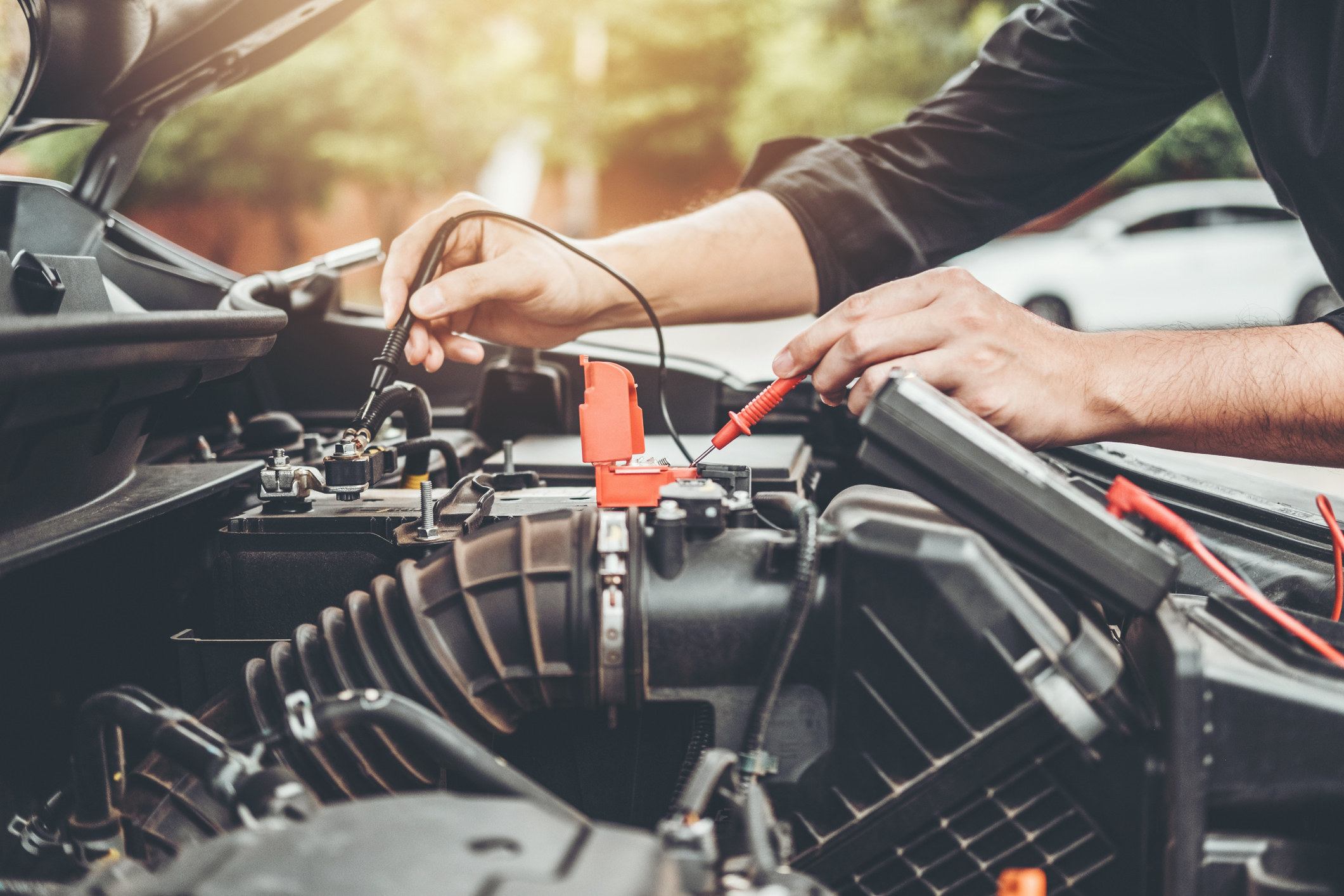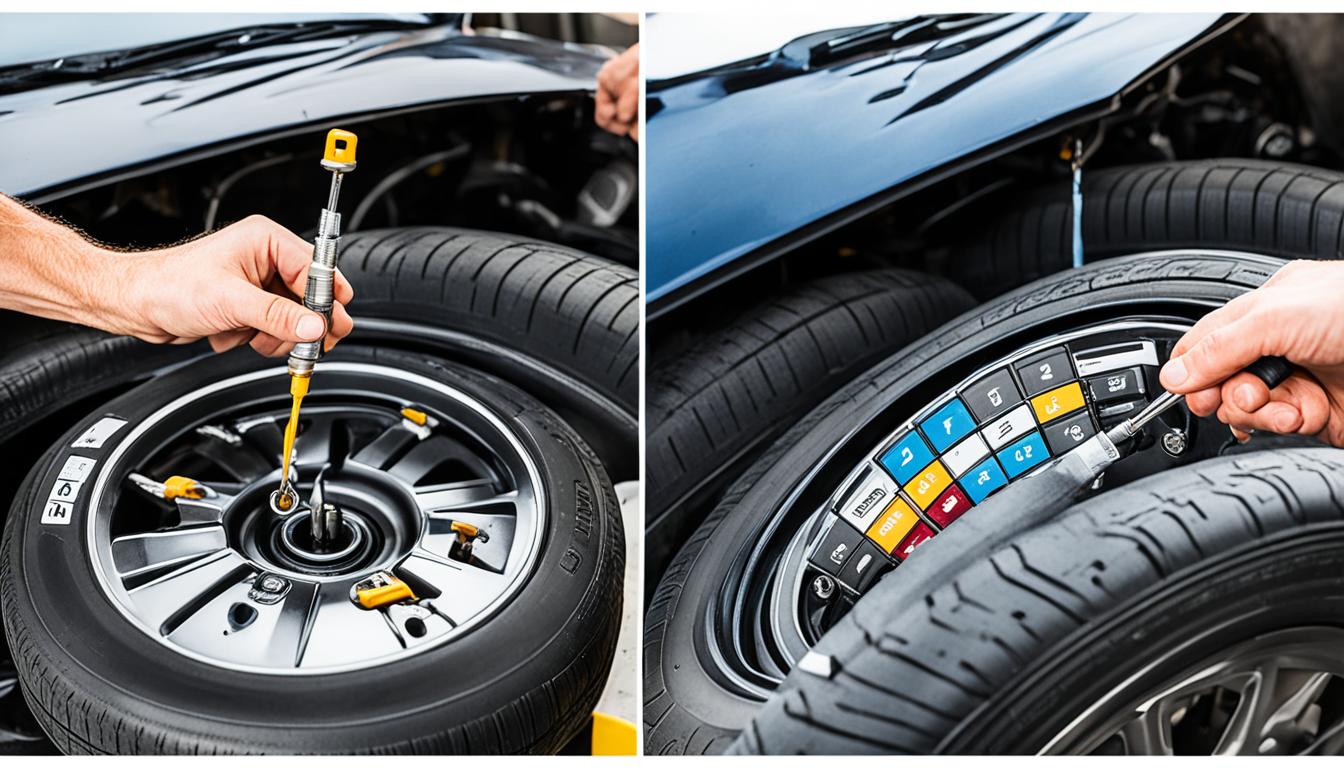All Categories
Featured
Your lorry's engine is a complex system that relies upon several interconnected parts to operate effectively. Among one of the most important elements that ensures whatever runs efficiently is the timing belt. Frequently neglected, the timing belt plays a vital duty in keeping your engine integrated and running at peak efficiency. Disregarding its upkeep or substitute can cause significant, costly damage to your engine. In this write-up, we'll discover the significance of timing belt replacement and why it's vital to your engine's long life.
What Is a Timing Belt and How Does It Function? The timing belt is a rubber or reinforced composite belt that connects the crankshaft to the camshaft in your engine. These two components must run in sync for the engine's valves to shut and open at the best times throughout the combustion cycle. The timing belt controls this synchronization, making certain that the shutoffs and pistons don't collide.
![]()
As your engine runs, the timing belt continuously transfers to keep these components straightened. With time, the belt goes through deterioration from engine, rubbing, and heat vibrations. If it breaks or becomes loosened, the crankshaft and camshaft will certainly no much longer be integrated, creating engine misfires, loss of power, or, in the worst case, serious engine damage.
Why Timing Belt Substitute Is Vital. Prevents Serious Engine Damage: If the timing belt breaks while the engine is running, the pistons can collide with the valves, triggering curved shutoffs, harmed pistons, and even a split engine block. This sort of damage typically needs extensive and expensive repair services or an entire engine substitute. Replacing the timing belt prior to it falls short is a easy and affordable method to prevent such tragic consequences.
![]()
Makes Sure Smooth Engine Procedure: A well-maintained timing belt assists maintain your engine running smoothly by maintaining the correct synchronization between the crankshaft and camshaft. When the timing belt is worn or extended, the timing of the engine's valves might be off, creating engine misfires, harsh idling, or stalling. Changing the timing belt at the recommended period makes sure that the engine runs as it was designed to, optimizing efficiency and efficiency.
Saves You Money: Although replacing the timing belt may look like a significant upfront cost, it's far a lot more cost effective than the price of repairing or changing a harmed engine. The labor associated with changing the timing belt is a lot less pricey than fixing engine components that are damaged as a result of a damaged belt. Regular timing belt substitute can save you hundreds of bucks in the lengthy run by avoiding engine failure and pricey fixings.
Stops Unexpected Break Downs: If your timing belt breaks unexpectedly while you're driving, it can leave you stranded and require costly towing. In the worst instances, it can cause a complete engine failing that provides your automobile inoperable. By replacing the timing belt according to the producer's standards, you minimize the risk of sudden malfunctions and ensure your automobile remains reliable during day-to-day driving and long journeys.
When Should You Replace Your Timing Belt? The timing belt does not last forever, and its replacement timeline can differ depending upon the make and model of your car. Most manufacturers suggest changing the timing belt every 60,000 to 100,000 miles. It's important to consult your lorry's proprietor's manual for details guidelines, as some engines might require earlier or later substitutes.
If you're unsure regarding the problem of your timing belt, indicators that it might require replacing include uncommon engine sound (such as ticking or slapping sounds), trouble beginning the engine, or bad engine efficiency. If necessary., a professional technician can check the timing belt for wear and tear and change it.
Conclusion. The timing belt is an important part of your vehicle's engine, and its correct upkeep can save you from costly repair work and engine damages. Regularly changing the timing belt at the manufacturer's advised intervals helps make sure smooth engine procedure, prevents unforeseen failures, and eventually lengthens the life of your engine. Do not disregard this vital upkeep job-- by remaining on top of timing belt replacement, you're buying the long-lasting health and wellness of your automobile.
What Is a Timing Belt and How Does It Function? The timing belt is a rubber or reinforced composite belt that connects the crankshaft to the camshaft in your engine. These two components must run in sync for the engine's valves to shut and open at the best times throughout the combustion cycle. The timing belt controls this synchronization, making certain that the shutoffs and pistons don't collide.

As your engine runs, the timing belt continuously transfers to keep these components straightened. With time, the belt goes through deterioration from engine, rubbing, and heat vibrations. If it breaks or becomes loosened, the crankshaft and camshaft will certainly no much longer be integrated, creating engine misfires, loss of power, or, in the worst case, serious engine damage.
Why Timing Belt Substitute Is Vital. Prevents Serious Engine Damage: If the timing belt breaks while the engine is running, the pistons can collide with the valves, triggering curved shutoffs, harmed pistons, and even a split engine block. This sort of damage typically needs extensive and expensive repair services or an entire engine substitute. Replacing the timing belt prior to it falls short is a easy and affordable method to prevent such tragic consequences.

Makes Sure Smooth Engine Procedure: A well-maintained timing belt assists maintain your engine running smoothly by maintaining the correct synchronization between the crankshaft and camshaft. When the timing belt is worn or extended, the timing of the engine's valves might be off, creating engine misfires, harsh idling, or stalling. Changing the timing belt at the recommended period makes sure that the engine runs as it was designed to, optimizing efficiency and efficiency.
Saves You Money: Although replacing the timing belt may look like a significant upfront cost, it's far a lot more cost effective than the price of repairing or changing a harmed engine. The labor associated with changing the timing belt is a lot less pricey than fixing engine components that are damaged as a result of a damaged belt. Regular timing belt substitute can save you hundreds of bucks in the lengthy run by avoiding engine failure and pricey fixings.
Stops Unexpected Break Downs: If your timing belt breaks unexpectedly while you're driving, it can leave you stranded and require costly towing. In the worst instances, it can cause a complete engine failing that provides your automobile inoperable. By replacing the timing belt according to the producer's standards, you minimize the risk of sudden malfunctions and ensure your automobile remains reliable during day-to-day driving and long journeys.
When Should You Replace Your Timing Belt? The timing belt does not last forever, and its replacement timeline can differ depending upon the make and model of your car. Most manufacturers suggest changing the timing belt every 60,000 to 100,000 miles. It's important to consult your lorry's proprietor's manual for details guidelines, as some engines might require earlier or later substitutes.
If you're unsure regarding the problem of your timing belt, indicators that it might require replacing include uncommon engine sound (such as ticking or slapping sounds), trouble beginning the engine, or bad engine efficiency. If necessary., a professional technician can check the timing belt for wear and tear and change it.
Conclusion. The timing belt is an important part of your vehicle's engine, and its correct upkeep can save you from costly repair work and engine damages. Regularly changing the timing belt at the manufacturer's advised intervals helps make sure smooth engine procedure, prevents unforeseen failures, and eventually lengthens the life of your engine. Do not disregard this vital upkeep job-- by remaining on top of timing belt replacement, you're buying the long-lasting health and wellness of your automobile.
Latest Posts
Don’t Miss Exclusive Auto Repair Offers in Chicago at Montclare Auto Repair
Published May 27, 25
1 min read
Improve Your Home's Exterior with Weathercraft's House siding Solutions
Published May 23, 25
1 min read
Safeguard Your Financial Investment with Professional Rain Gutter Installation
Published May 20, 25
1 min read
More
Latest Posts
Don’t Miss Exclusive Auto Repair Offers in Chicago at Montclare Auto Repair
Published May 27, 25
1 min read
Improve Your Home's Exterior with Weathercraft's House siding Solutions
Published May 23, 25
1 min read
Safeguard Your Financial Investment with Professional Rain Gutter Installation
Published May 20, 25
1 min read